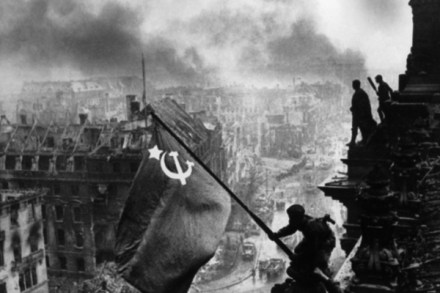The art of fiction: Michael Morpurgo
The rallying call to save libraries – about as unifying a topic as the monarchy at the moment – was taken up by Michael Morpurgo in his slot at cultural juggernaut, the Hay Festival, last week when he called the closures a form of child abuse and tantamount to inciting more riots. During the Hay interview,













